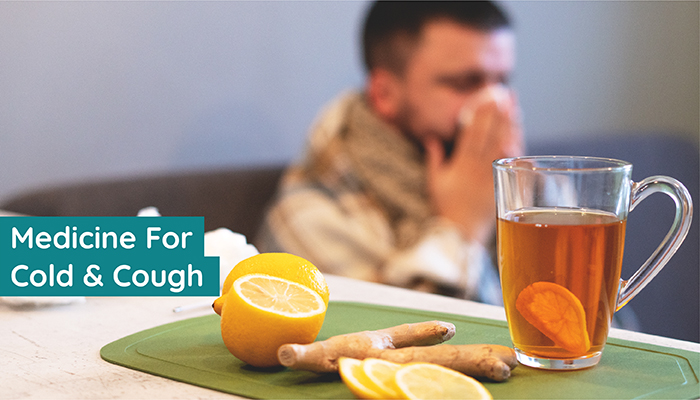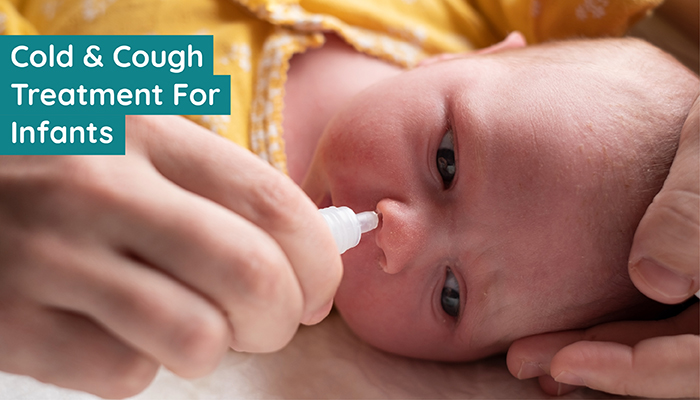More often than not, a common virus is the reason behind your cough and cold. Although there is no cure for the illness, medicine for cough and cold symptoms can help you manage the sick days better. A few examples of medicines that can be helpful during Cold & Cough are enlisted here:
- For allergy-like symptoms—runny nose, watery eyes, and sneezing
- For stuffy nose or congested sinus
- For loosening mucus
- For controlling urges to cough
- For relieving pain and fever
Medication for Cold & Cough
- Most cough and cold medicines for adults comprise various drugs; thus, you should always read the instruction manual or consult your doctor if you are confused.
- Infants and young children have a different physiology, and their bodies react to medicines differently from adults. You should never give over-the-counter (OTC) medicine to children under the age of 4 years.
- Antibiotics are one of the most common OTC drugs that people reach for whenever they get sick, but they do not work for cough and cold treatment since the condition are usually caused by s viral infection.
- You should avoid doing any activity that is high risk, such as driving, because some medicines (for example, Benadryl) have a drowsy effect on people.
- If you are taking additional medicines for pre-existing diseases, make sure you check the ingredients or talk to your doctor to avoid side-effects from taking the medicine with higher than recommended levels of any one component (for example, pain relievers).


